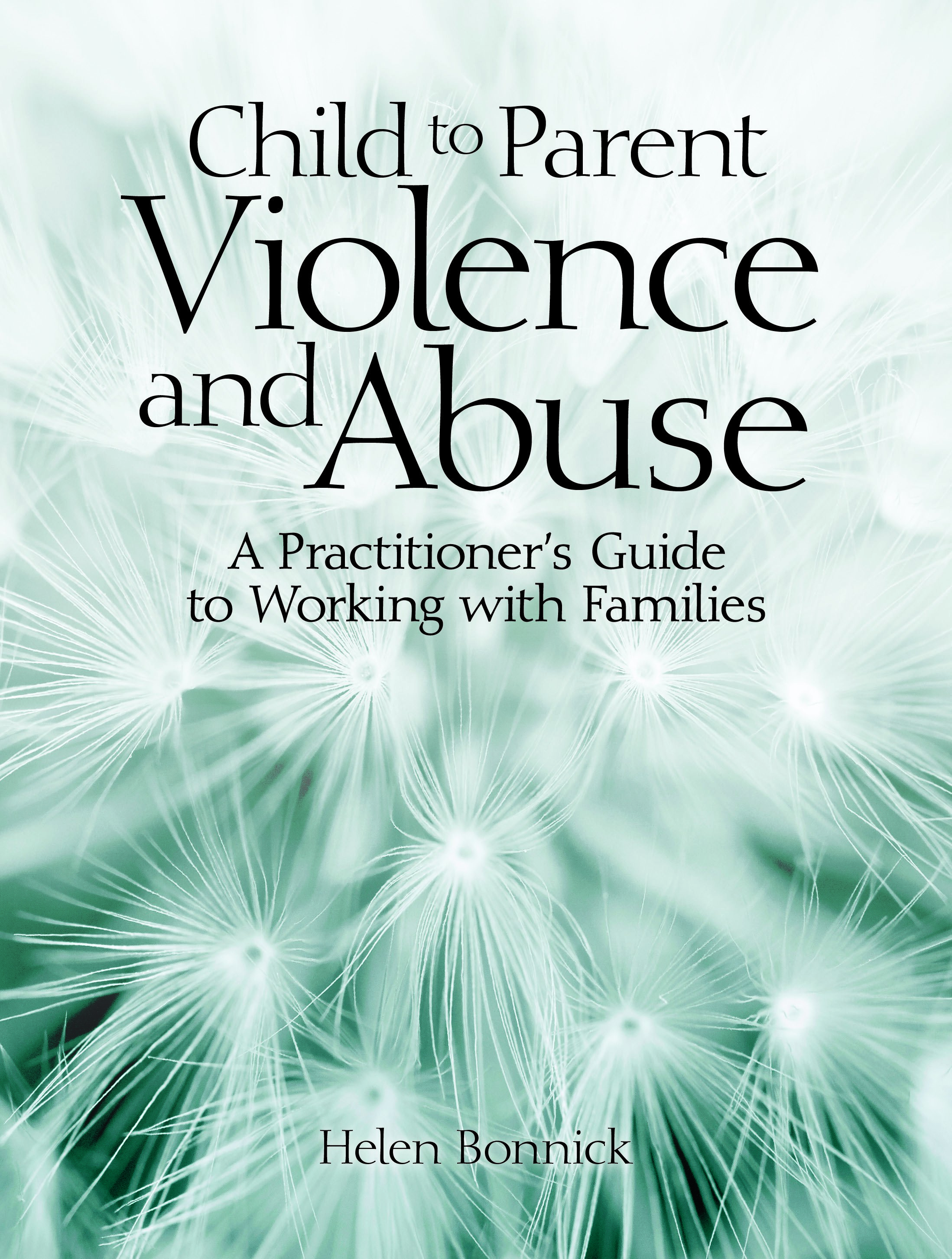How do you consume your podcasts?
On the way to work on the train? Walking the dog? While you’re doing the ironing? Or do you find a quiet half hour to focus solely on the content? However you find the time, there are some great podcasts out the at the moment, focussing either specifically on children using harmful behaviour towards parents – CPV – or on different approaches to working with families to bring about a more healthy and hopeful life. These may be directed first and foremost towards professionals – offering guidance for work with families, or they may offer tips and strategies directly to those affected. Whatever you are looking for, they all remind us that this is something that is more prevalent than we might have imagined previously, but that there is hope when you find the right people who know their stuff!
By no means a definitive list, but here is a selection of some of the top podcasts regarding CPV.
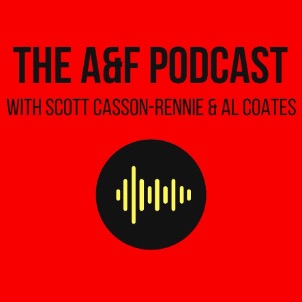
The Adoption and Fostering podcast is now in its 9th year, with nearly 200 episodes in the library. Al Coates and Scott Casson-Rennie discuss a range of issues related to contemporary adoption and fostering, often with special guests. Many of the episodes touch on children’s aggressive behaviour towards parents and carers. A fair number focus on this issue specifically. While this is labelled as adoption and fostering, many in other fields will find topics of relevance.
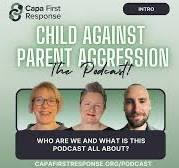
Capa First Response launched Series 1 of their podcasts in early 2024 and already have a second series ready to go. Series 1 features conversations between founder Jane Griffiths, Senior Practitioner Matt Rider, and patron Helen Bonnick, and touched on more general issues regarding child to parent violence and abuse which come up frequently in discussion, while the next episodes will address more specific topics such as neurodiversity. There is a third series in the planning stage.
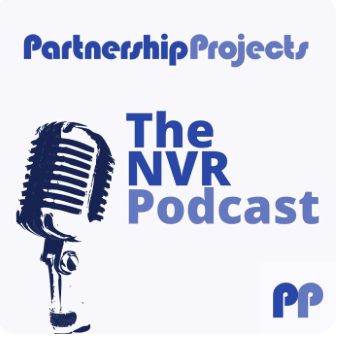
The NVR podcast is aimed both at professionals and families, with experts in the field discussing strategies, the rationale behind this way of working, and case studies amongst other things. Non-Violent Resistance (NVR) has a proven track record for work with families who have experienced trauma, and looks at ways to de-escalate a situation and build a supportive network around the family. Peter Jakob, Shila Desai, Jill Lubienski and Rachael Aylmer chat together and bring in special guests. The applications are broad, but again, many will touch on families where children are using violence and aggression, or where there are similar overlapping issues.
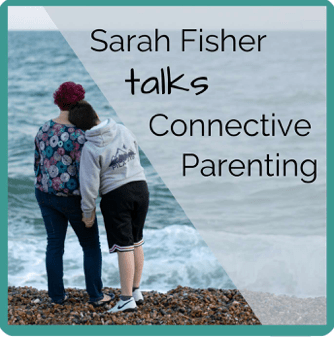
Sarah Fisher is an NVR practitioner who developed Connective Family, a practice supporting families where children are exhibiting challenging behaviour. Her podcasts are often shorter than others but full of down to earth advice and quick tips for busy families.
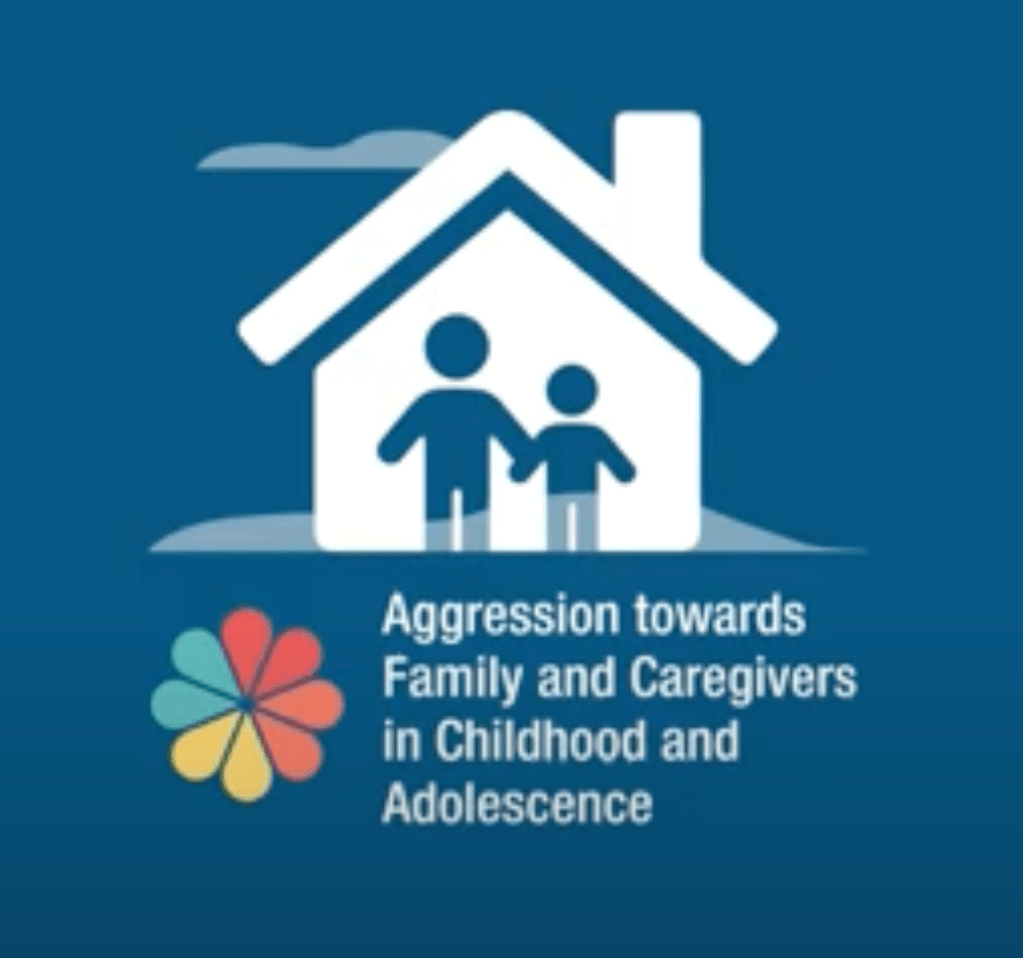
Interwoven Connections is a Canadian Organisation supporting ‘the tapestry of families and relationships formed through adoption, kinship and customary care’, particularly where children are using harmful behaviours towards parents and carers. They have a library of resources for parents including webinars and podcasts.
There are of course many other resources as well as these listed. You will find some listed on the Sound and Vision page, but I would also invite comments if you have suggestions of other relevant podcasts which have been helpful to you and which you can recommend to others on this subject!




